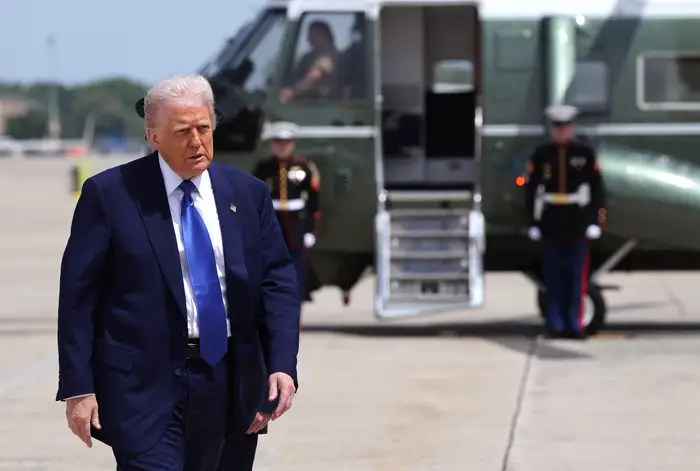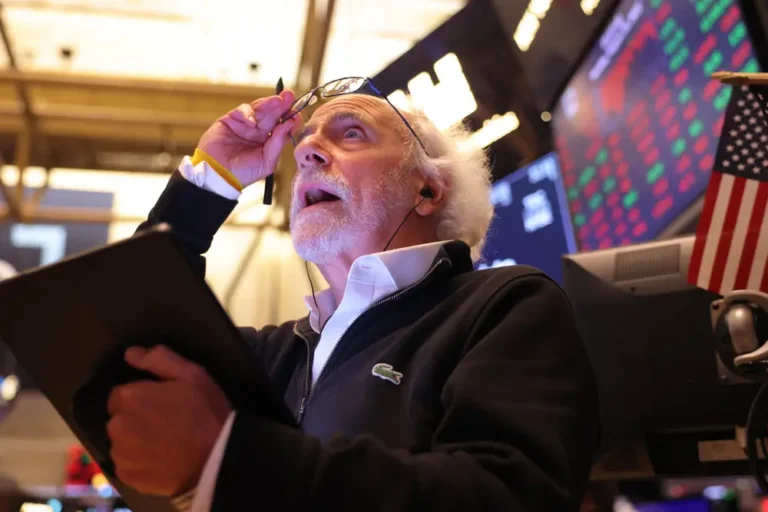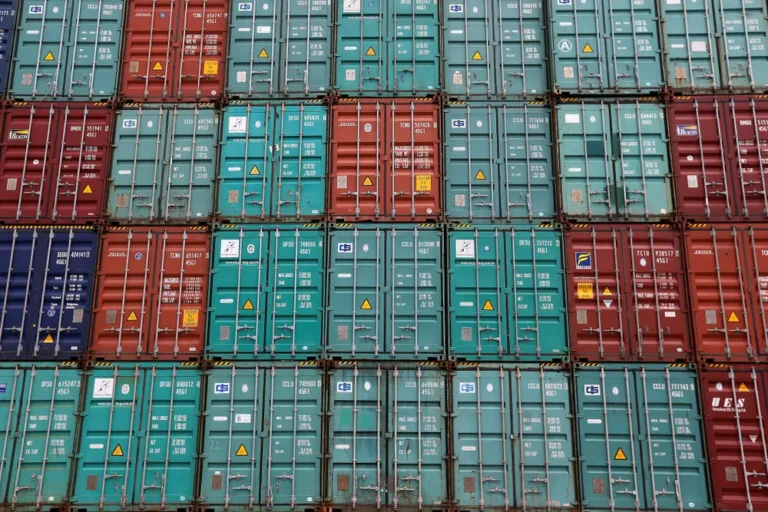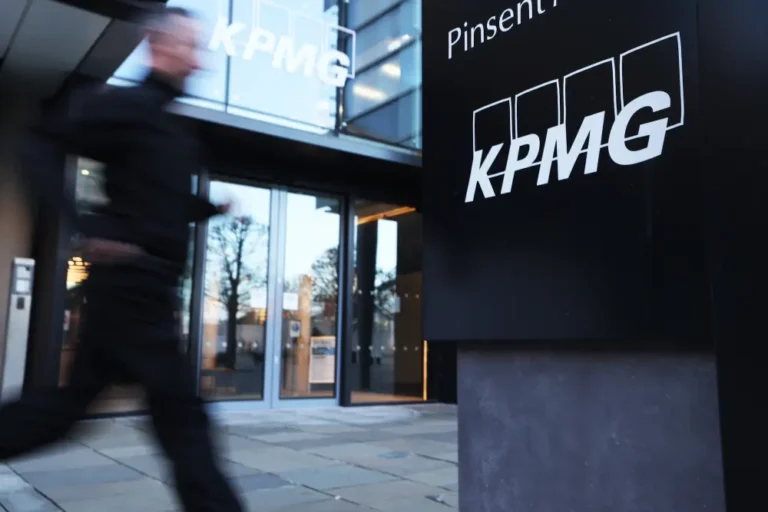Media and entertainment companies are finding more investment from the Middle East, but it can come with controversy. Here are 11 of the most notable deals.

- Saudi Arabia, Qatar, and UAE entities have been pouring money into Western media and entertainment.
- Middle East investment is filling a funding void as other sources have become scarcer.
- Insider broke down 11 top media companies with Middle Eastern backing or partnerships.
Investment from the Middle East has poured into US media and entertainment, and US media companies have been eager recipients.
This year, Peter Chernin and Providence Equity’s production roll-up The North Road received $150 million from Qatar’s main investment vehicle, and UAE-backed RedBird IMI, led by ex-CNN executive Jeff Zucker, backed EverWonder, a new non-fiction studio.
The focus has been on Saudi Arabia, which is attempting to diversify its economy by taking advantage of high oil prices, primarily through the Public Investment Fund, or PIF — one of the world’s largest sovereign wealth funds, with $700 billion in assets. To name a few, the PIF has made investments with Blackstone, Softbank, and Uber. In addition, the kingdom intends to promote projects that portray it as progressive.
The increase in investment comes five years after the murder of Washington Post columnist Jamal Khashoggi, for which the US government held Saudi Crown Prince Mohammed bin Salman responsible, and with Saudi Arabia’s longstanding poor record on human rights.
The subject remains fraught, and many of those doing business with Middle Eastern regimes and investors have refused to speak with Insider on the record about their collaborations.
Privately, supporters argue that such agreements could help spread Western values and that it is hypocritical to reject Middle Eastern support when countries in many regions commit human rights violations. Others are concerned that reliance on foreign funds will have an impact on creative or editorial decisions. Initiatives such as Saudi Arabia’s two-year-old Red Sea International Film Festival have drawn international stars while being criticized by critics as a form of the kingdom’s reputation whitewashing.
Censorship was raised earlier this month when the Guardian reported that Vice Media, which has a deal with a Saudi-controlled company, suppressed reporting that might have upset the kingdom. (Vice has yet to respond to a comment request.)
Then there’s the possibility of self-censorship, which can be difficult to prove or even recognize. “That, to me, is potentially the most pernicious,” said one editorial executive at a Middle Eastern-based company.
Money from the region is sometimes filtered through public companies or Western banks, making the ultimate source somewhat obscure — but the investment has become increasingly welcome as factors such as high interest rates and a flagging ad market dry up other areas of media funding.
Here is a list of 11 major Western media and entertainment companies that have licensing and investment agreements with Middle Eastern entities, listed alphabetically. Some companies did not respond to requests for comment on these transactions, while others refused to comment on the record.
Since 2017, Bloomberg Media has collaborated with Saudi Research and Media Group, which bills itself as the region’s largest publicly traded media company and has close ties to Mohammed bin Salman’s government. Bloomberg has a business content agreement with news network Asharq News, which SRMG describes as one of the region’s fastest-growing digital news outlets. The two companies have also collaborated on an Arabic version of Quicktake, a streaming news service, as well as live events.
CNN has a licensing agreement with International Media Investments in Abu Dhabi for CNN Business Arabic. IMI is a subsidiary of Abu Dhabi Media Investment Corporation, the owner of which is a member of Abu Dhabi’s ruling family; IMI also owns Sky News Arabia and Euronews. According to a CNN representative, the licensing agreement, which allows IMI to use the CNN brand and access the network’s content and programming, is similar to the network’s content deals in other regions. CNN Arabic Business is editorially independent of CNN, according to the representative, but CNN provides training on its standards and practices to ensure alignment with CNN’s values and brand of journalism.
In 2018, The Independent in London signed a licensing agreement with SRMG to create four websites in the region.
Jimmy Finkelstein’s news startup The Messenger has received Middle Eastern funding as a result of its acquisition of the now-defunct IMI-backed startup Grid. IMI stated that it would invest an unspecified amount in The Messenger as part of the acquisition.
BeIn, a Qatari state-owned sports and entertainment network, purchased Miramax in 2016 for an undisclosed sum. In 2020, BeIn sold 49% of the company to ViacomCBS (now Paramount Global).
In January, the Qatar Investment Authority, Qatar’s main investment vehicle, invested $150 million in The North Road, Peter Chernin and Providence Equity’s production roll-up.
Penske Media Corporation, the publisher of Billboard, Variety, Rolling Stone, and other entertainment magazines, announced a $200 million minority investment from SRMG in 2018. Penske is also the largest shareholder in Vox Media (publisher of New York magazine, Eater, and other publications), having invested $100 million in the company in February. Billboard Arabia, in collaboration with SRMG, was launched in June. A Penske representative said the stake had no effect on the journalism of its outlets, citing numerous examples of its coverage of Khashoggi’s 2018 murder and aftermath in entertainment following the investment earlier this year.
RedBird IMI is a new $1 billion venture led by ex-CNN executive Jeff Zucker and backed by Abu Dhabi’s IMI and private equity firm RedBird Capital Partners that invests in media, sports, and entertainment (IMI contributes $750 million, with RedBird contributing the rest). It recently launched EverWonder, a nonscripted programming studio led by ex-Time Studio head Ian Orefice.
Vice Media has a deal with Mideast broadcasting behemoth MBC Group to create content for the region that could be worth $50 million in the long run. According to reports, the Saudi government owns at least 60% of MBC. Vice was bought out of bankruptcy in July by a group that included Fortress Investment Group, which was set to be sold in May to Abu Dhabi-based sovereign-wealth fund Mubadala Investment and Fortress’ management.
Warner Bros. Discovery has partnered with SRMG to launch the free-to-air channel Asharq Discovery, which will debut in September.
WWE, one of the first US companies to create unique events in Saudi Arabia, has reached an agreement with the country’s General Entertainment Authority to collaborate through 2027, a deal valued at $100 million per year by research firm Wrestlenomics.





